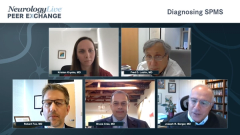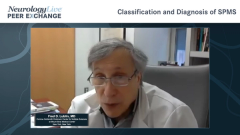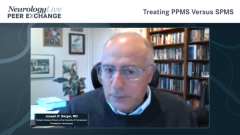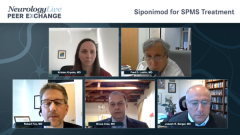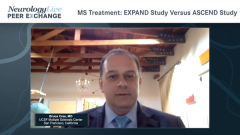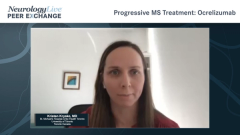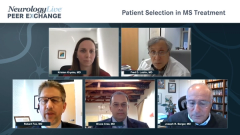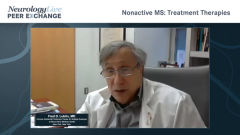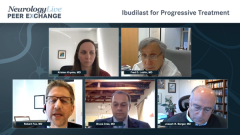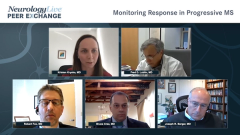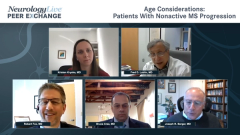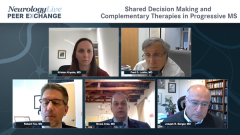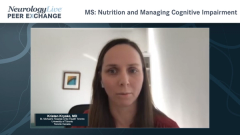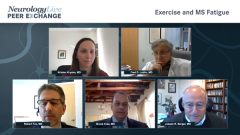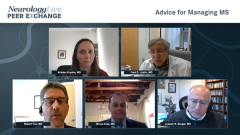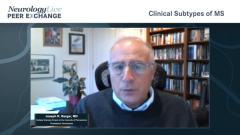
Shared Decision-Making and Complementary Therapies in Progressive MS
Joseph R. Berger, MD, elaborates on the importance of shared decision making in the treatment of multiple sclerosis and how it relates to complementary and natural therapies for symptom control.
Episodes in this series

Bruce Cree, MD: I want to come back to a topic that Joe and Fred had touched on earlier: shared decision-making. It sounds like Joe is willing to try things and be a bit more aggressive in terms of therapeutic management. Joe, how do you have these discussions with your patients? What is your approach to shared decision-making when you don’t have overwhelmingly compelling data to make a therapeutic decision?
Joseph R. Berger, MD: It’s laying out the facts as we understand them, explaining to the patient what the likelihood of benefit is going to be, and explaining what the risks are likely to be. Patients are your partners. If they’re not willing to take a medicine, it doesn’t make any sense in prescribing it. In my opinion, if they’re very keen on being treated, even when the evidence is soft, they should be given the benefit of the doubt and treated.
Of course, it depends on the patients’ risk tolerance, what their treatment preferences are, whether they prefer infusions or oral therapy, and whether they have comorbidities that may preclude the use of a particular drug. All those things have to be discussed with them.
We’re very fortunate in our institution to have 3 pharmacists who work in the MS [multiple sclerosis] clinic. In addition to hearing from me about these drugs, they invariably sit down with the pharmacist and spend another half hour to an hour going over the nature of the drugs, the benefits, adverse effects, and the monitoring required with the drugs. They make a decision after hearing that. It’s very much an integrated event, the nature of treatment that people get started on.
Bruce Cree, MD: This takes us right into a very important element of today’s discussion. We’ve spoken a lot about medical management of disease-modifying therapies in the context of appropriate and accurate diagnosis and considerations of things such as disease activity and patient age. But there’s so much more that goes on in terms of what we do to help patients.
I want to turn our attention to what might be considered complementary approaches to medical management. This has to do with natural therapies and symptom control in MS. For some of our patients, we’re going to be reticent to start high-potency disease-modifying therapies. These may be patients who are older than those who had been studied in clinical trials or have worse disability, such as being wheelchair-bound. There are no data to support use of these potent immunotherapies in these patients. There could be very serious consequences for the patients’ overall well-being from the use of powerful immunosuppressants.
Bruce Cree, MD: Thank you for watching this NeurologyLive® Peer Exchange. If you enjoyed the content, please subscribe to our e-newsletters to receive upcoming Peer Exchanges and other great content right in your inbox.
Transcript Edited for Clarity
Newsletter
Keep your finger on the pulse of neurology—subscribe to NeurologyLive for expert interviews, new data, and breakthrough treatment updates.

